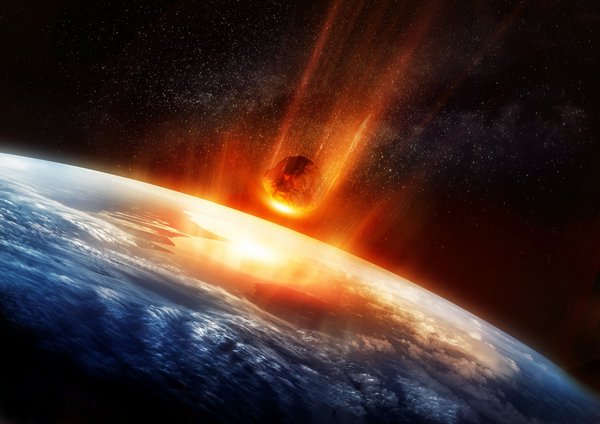The best of times, the worst of times

Perhaps it is the nature of ‘the news’ and its love of drama but most commentators seem to concur that we are living in the worst of times. The ‘obvious’ decline of this country parallels the disasters endured by many others of past and present. The anarchic reality of capitalism lies behind most of our contemporary problems but remains hidden beneath moral outrage and politically sectarian invective. There has never been a time when the NHS has not been in crisis and where a war has not raged somewhere on the planet; there has never been a time when a child is not dying for lack of clean water and an unpolluted environment; there has never been a time when the rich suffered and the poor did not – this is normal for all class-divided cultures. As the memories of an imaginary ‘golden age’ fade and are replaced by a shared sense of doom and despair for the future we might ask if our species has a predilection for self-destruction and somehow relishes the thought of disaster.
The Armageddon zeitgeist of popular culture has spawned numerous variations on how the world might end; from zombies and plagues to meteorite impacts and nuclear holocausts it’s hard to find an optimistic narrative when it comes to imagining humanity’s future. To some degree this reflects the failure of capitalism to deliver its promise of economic progress and security for all – the culture just seems to have run its course with nowhere else to go. After the Second World War there was an optimism that things would change and the baby-boomers of the 1960s were in the forefront of political activism that focused on reforming the economic system to bring some measure of equality and justice, at least in the West. Working-class culture blossomed with innovative forms of music, fashion, film and TV. This was all predicated on the belief that things would change for the better; when this proved to be an illusion and the forces of reaction were brought back to power as the result of reformist failure the road to disaster seemed almost inevitable. Thatcher and Reagan were symbols of this failure – theirs was the politics of atavistic hatred. The neo-con ideology took on the Orwellian role of turning facts into fiction and vice-versa. We still live with this legacy today only it has accelerated and evolved into the monster of ‘fake news’ fuelled by the global internet.
Propaganda has always taken advantage of whatever media are available. The Nazis were one of the first groups to see the potential of the mass media of radio and film – we still look back on Goebbels as the paradigm of propagandists. He would have adored the opportunities afforded by the internet. Unfortunately the online producers of ‘news’ are as in love with dramatic headlines as are the pulp mainstream media – of course many of them are sponsored and produced by the very same people. However if you have the patience you can find authentic voices of dissent who can provide a very different perspective. The world has become a smaller place where the suffering and conflicts everywhere are accessible in your home which only adds to the sense of unease and foreboding created by the tension of events in our everyday lives. Some embrace the cynicism of not believing in anything whilst others are caught up in the shifting sands of the impotent and meaningless debates between Left and Right. All too often these online arguments end up being merely egotistical slanging matches that produce much heat without any light. Is the internet just the latest example of a medium being used as a vehicle for ideological propaganda or has its very quantity of information changed its quality? Instead of relying on your favourite newspaper columnist or TV news show you have to make an effort to research alternative voices if your opinion is to have any value. The cultural zeitgeist has become irrevocably international.
The voice of doom has become universal and resonates in every corner of the globe. Betrayed hopes fuel the never-ending discovery of new reasons and causes of a seemingly inevitable end for our species. Will the children of today look back on their childhood fondly as a ‘golden age’ as many of the older generation do? Socialists have optimism built into their DNA but even we struggle to find an upbeat answer to Rosa Luxemburg’s question: ‘Is it to be socialism or barbarism?’ Of course it hasn’t come to that yet but we fear that time is running out. Many people in the past also felt an impending sense that ‘the end is nigh’ but this was based on the assumption that the battle between good and evil would be resolved one way or another. But instead of the dramatic human finale of Armageddon predicted by so many our species might just fade into oblivion within a sea of political cynicism and apathy leaving the rich to count their ever increasing wealth until one day they find they have nothing to buy with it.
The Dickens quote, part of which heads this article, seems to describe my life and times (born in the mid 1950s) as I suspect it would for many of my generation and is worth repeating in full:
‘It was the best of times, it was the worst of times, it was the age of wisdom, it was the age of foolishness, it was the epoch of belief, it was the epoch of incredulity, it was the season of light, it was the season of darkness, it was the spring of hope, it was the winter of despair’ (A Tale of Two Cities).
WEZ
